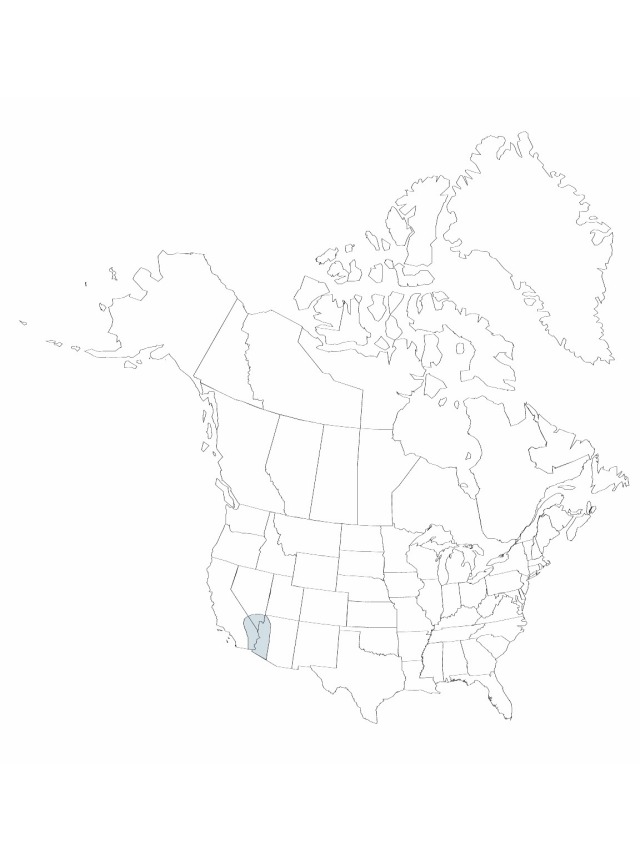Difference between revisions of "Juncus cooperi"
2:590. 1868.
FNA>Volume Importer |
FNA>Volume Importer |
||
| Line 46: | Line 46: | ||
|publication year=1868 | |publication year=1868 | ||
|special status= | |special status= | ||
| − | |source xml=https://jpend@bitbucket.org/aafc-mbb/fna-data-curation.git/src/ | + | |source xml=https://jpend@bitbucket.org/aafc-mbb/fna-data-curation.git/src/8f726806613d60c220dc4493de13607dd3150896/coarse_grained_fna_xml/V22/V22_167.xml |
|genus=Juncus | |genus=Juncus | ||
|subgenus=Juncus subg. Juncus | |subgenus=Juncus subg. Juncus | ||
Revision as of 15:56, 18 September 2019
Herbs, perennial, robust, tufted, 4–10 dm. Rhizomes short. Culms terete, 1.5–2.5 mm diam. Cataphylls several, reddish brown, often apiculate. Leaves basal, 1–2; auricles essentially absent; blade terete, 10–40 dcm, shorter than culm. Inflorescences glomerules 3–12, each with (1–)2–5 flowers, open, branches unequal, 3–12 cm, primary bract terete or slightly compressed, shorter to longer than inflorescence. Flowers: tepals straw-colored to pale green, ovate-lanceolate, 4–5 mm, apex acuminate or setaceous; inner series elliptic, nearly equal, margins wide, scarious, apiculate; stamens 6, filaments 1 mm, anthers 1.5–2 mm; style 1 mm. Capsules tan to light reddish brown, 3-locular, ellipsoid, 3.7–4.5 ×1.6–2 mm, mostly shorter than or nearly equal to perianth. Seeds dark amber, obovoid, body 0.7–1 mm, tails 0.1–0.5 mm.
Phenology: Flowering and fruiting spring–summer.
Habitat: Saline flats and meadows or edges of salt marshes
Elevation: below 600 m
Distribution

Ariz., Calif., Nev., Utah, Mexico.
Discussion
Selected References
None.